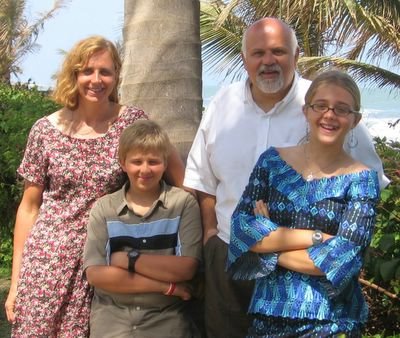I tend to gush when I talk about Liberians engaged in providing psychosocial support to fellow Liberians. Working in the minds and souls of people is the type of work I’ve been doing for twenty five years, so I know something about how difficult it is. For Liberians engaged in counseling their countrymen and women, the work needing to be done is usually incredibly challenging, and sometimes cannot be done at all.
I am not one given to overstatement or hyperbole, but it is difficult to discuss Liberia without sounding like I am exaggerating. The plain facts sound like overstatement. Fourteen years of civil war. 20,000 child fighters. One in ten dead, one in three displaced. Tens of thousands raped. Thousands tortured. A failed state. Education, transportation, and health Infrastructure destroyed. Rampant poverty and crime. Almost every Liberian above the age of fifteen has a story to tell of terror and victimization.
The facts regarding the psychosocial response to the Liberian Crisis sound equally melodramatic. The typical Liberian counselor has had little or no professional training. International NGOs like the UNICEF or USAID have provided some help, but their training workshops last at most a few months and offer the most rudimentary and fundamental counseling principles and techniques. Most of the time, ongoing support and supervision is not included in the training package. Follow up is rare.
Many professional counselors, including myself, have argued that the majority of counselors working in this country are not qualified for the task. We have argued that most Liberians in this field should not be providing counseling at all, let alone working with people suffering the effects of severe trauma. Many professionals have suggested some of these counselors are doing more harm than good. They are probably right.
However these arguments are moot. Very few qualified mental health professionals—and particularly the vocal critics— seem to have any alternatives to offer, and fewer still are in Liberia themselves doing any work. The people who are here doing the work are the “unqualified Liberians.”
It is because of these plain facts that I find myself in awe of the work Liberian counselors are doing. These are men and women with inadequate support and training, getting paid next to nothing, in the field listening to everyday stories from fellow Liberians— including many stories that would make most of us ill. Some do not know their limits, some offer bad advice, some make it worse. But they are all there-- in the midst of the sadness and confusion and loss and horror of their Liberian countrymen-- because no one else is, and somebody has to do something. They stand in the gap in order to help heal others—often an impossible task given the damage they face and the limitations of their training—in part because no one else will. Humanitarian observers and mental health professionals owe Liberian counselors more than criticism for being unqualified, we owe them more than disdain for sometimes working beyond their skill level.
At Mother Patern College, we are the first to offer a professional training program that will provide counselors with more tools than they have ever had to address the colossal psychosocial needs of Liberia. But we will only be graduating a couple dozen Social Workers every year, and that not until 2011.
In the meantime the best we can do, the best I can do, is to work as close as I can to as many counselors as I can to provide support, ongoing training and supervision as they work with their overwhelming case load. In the meantime, we continue to try to build the skills of those standing in the gap.
For the past two weeks, I offered a fifty hour seminar to eleven Liberians who every day hear the stories, who every day sit with people and offer hope. They were from several organizations—a health and development group for women, an HIV-AIDS program, a women’s legal advocate, a counseling agency, the Catholic Church. It was a privilege and a learning experience for me as well, and a lot of fun to boot. I hope we can continue to work together. After all, the task is impossible, and really, none of us are qualified to do it by ourselves. Impossible tasks ought to be shared. As always, you’re invited to join in the fun.
 Yers Trooly in front of some Liberian Heroes as we open another workshop day.
Yers Trooly in front of some Liberian Heroes as we open another workshop day.  Many exercises. Here, we sit back to back to see if we can get the message of our partner without using non verbal cues.
Many exercises. Here, we sit back to back to see if we can get the message of our partner without using non verbal cues.



